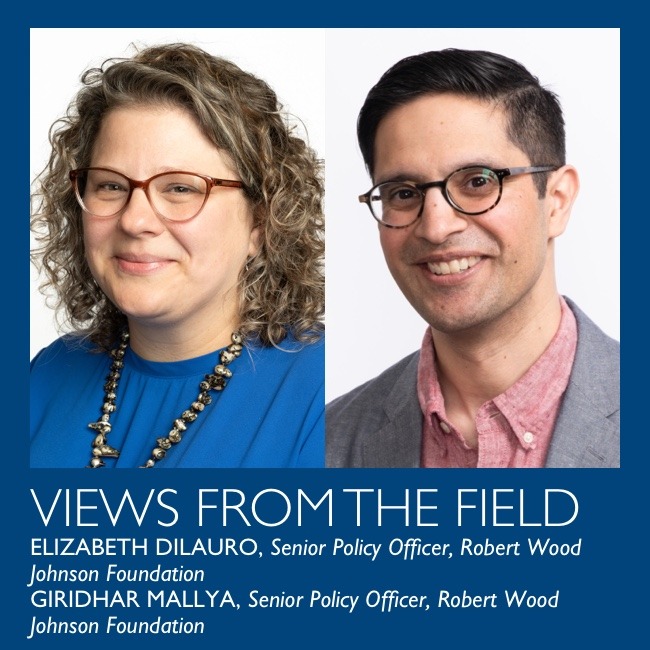Georgia Health Initiative: September 2025
A new report, “Progress Towards Vitality: A 10-Year Retrospective Analysis of Systems Focused Efforts to Improve Maternal Health in Georgia,” analyzes a subset of recommendations put forward by the Georgia Maternal Mortality Review Committee (MMRC) and the Georgia House Study Committee on Maternal Mortality to improve maternal mental health in the state.
Making Money in the Nonprofit Sector: Social Enterprises to Support Missions
During the economic downturn, America’s social sector organizations are rising to the challenge. One way in which organizations are investing in a more sustainable future is through social enterprise. The Social Enterprise Alliance (2009) defines a social enterprise as “an organization or venture that achieves its primary social or environmental mission using business methods.”
Collaboration Among Local Public Health Departments Preparing for Accreditation
The Kansas Health Foundation believes that all residents of Kansas deserve equal levels of public health protection and access to services regardless of where they live in the state. In partnership with the Kansas Association of Local Health Departments (KALHD), the foundation has worked to explore how regional collaboration among local health departments might strengthen these departments and support their efforts to become accredited.
A National Foundation Undertakes a Regional Strategy in the South
The Health Reform Program of the Public Welfare Foundation supports advocacy so that the voices of the people served by the health care system can be informed and effective. Poverty, health disparities, and underfunded advocacy capacity describe the South.
Collaborating Where Health Happens
At the Robert Wood Johnson Foundation (RWJF), our mission is to improve health and health care for all Americans. But improving health for the most vulnerable requires acknowledging that factors such as poverty, violence, inadequate housing, and education contribute to poor health.



